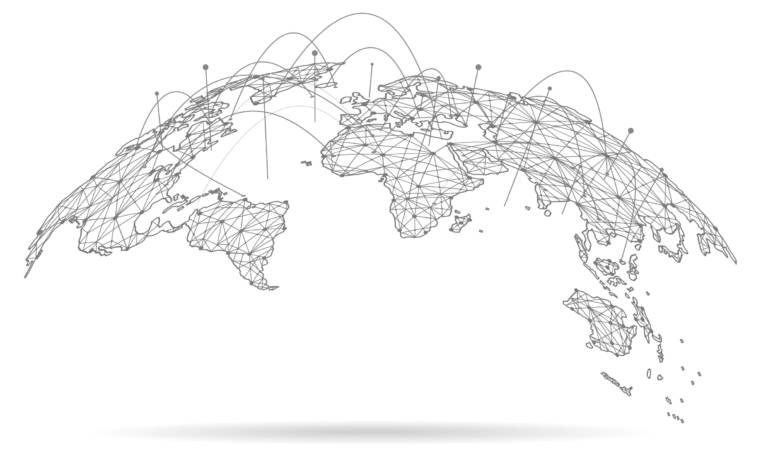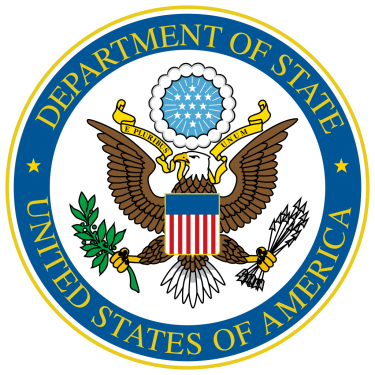The Duty of Letters Rogatory in International Law: Key Insights
Letters rogatory serve as a crucial instrument in international regulation, assisting in cross-border legal aid by enabling jurisdictions to officially request proof and actions from one an additional. What implications might these obstacles have for future legal process?
Definition of Letters Rogatory
In the world of international legislation, letters rogatory work as official requests provided by a court in one territory to seek aid from a court in another territory. Letters rogatory. These requests are especially substantial in cross-border legal process, where the enforcement of a court's order or the gathering of proof might be hindered because of jurisdictional constraints

The process usually needs the requesting court to express the certain information or activity needed from the foreign court, sticking to the legal methods and conventions established between the territories involved. As soon as provided, the letters rogatory are transmitted via diplomatic networks, which may consist of consulates or consular offices, to make sure that the request is identified and acted upon by the international court. In general, letters rogatory exhibit the cooperative structure vital for effective worldwide lawful processes.
Historic Context
Although the practice of letters rogatory has old roots, its formalization within the structure of global legislation emerged substantially in the 20th century. Historically, such ask for judicial help were made use of in different lawful traditions, including Roman law, where they promoted cross-border teamwork in lawful matters. The concept obtained renewed interest with the rise of globalization and the boosting intricacy of international legal communications.
The mid-20th century saw the facility of treaties and conventions that looked for to standardize the process of letters rogatory. Significantly, the 1970 Hague Convention on the Taking of Proof Abroad in Civil or Commercial Issues provided a structured technique, boosting the efficacy of these requests - Letters rogatory. This period marked a change from casual setups to a more methodical framework, which resolved the challenges positioned by differing national lawful systems
As states came to be extra synergistic, the need for efficient systems to collect proof throughout boundaries became apparent, reinforcing the role of letters rogatory in helping with worldwide teamwork. Today, they continue to be a critical instrument for obtaining evidence and guaranteeing that justice transcends national boundaries, reflecting the evolving nature of international regulation in feedback to international obstacles.
Refine of Issuing Demands
The procedure of releasing letters rogatory commonly entails numerous essential actions created to make sure that ask for judicial help are clear, particular, and compliant with both global and residential lawful requirements. An event seeking assistance has to prepare an official request that outlines the significant truths of the case, the alleviation sought, and the particular proof or statement required. This record should be crafted with precision to fulfill the legal needs of the jurisdiction in which it will certainly be sent.
Following the prep work of the request, it is sent to the suitable authority, usually a court or an assigned governmental agency. This authority examines the request to guarantee it adheres to step-by-step norms and lawful standards. When approved, the request is sent to the foreign territory via polite channels.
Upon receipt, the international court evaluates the request's compliance with its neighborhood regulations and techniques (Letters rogatory). If accepted, it proceeds to implement the demand, which might involve the issuance of subpoenas or the collection of evidence. Throughout this process, preserving clear communication between the asking for and obtaining territories is critical to make certain successful participation and the gratification of the demand
Obstacles and Limitations
Constraints and difficulties frequently emerge in the procedure of executing letters rogatory, frequently stemming from differing legal systems and procedures between jurisdictions. One considerable obstacle is the varying criteria of admissibility for proof, which can bring about problems in the approval of documentation requested via letters rogatory. Furthermore, the absence of harmony in lawful terms and interpretations can produce misunderstandings, complicating YOURURL.com communication between courts in different countries.
Furthermore, delays prevail because of administrative procedures, as the request might need to go through several layers of lawful authorities before it is satisfied. In some instances, the asked for jurisdiction might do not have the essential resources or desire to comply, additionally impeding the procedure. Language obstacles also add to difficulties, as accurate translation of lawful documents is critical for making sure that the designated message is conveyed without distortion.
Finally, sovereignty issues may emerge, as some states are hesitant to adhere to demands that they view as infringing upon their lawful autonomy. These obstacles highlight the complexities inherent in using letters rogatory, demanding greater harmonization and participation among worldwide lawful systems to improve their performance.

Effect On International Collaboration
Identifying the value of letters rogatory in promoting international collaboration is important, as these demands facilitate cross-border lawful support and promote collaborative efforts in criminal and civil issues. By enabling one territory to officially request help from go to my site an additional, letters rogatory produce a structured legal structure that boosts the efficiency of worldwide interaction in between judicial authorities.
Using letters rogatory assists to develop common count on and regard amongst countries, which is vital in a significantly interconnected world. They function my company as a mechanism not just for collecting proof yet additionally for ensuring that lawful processes are supported throughout boundaries. This is specifically important in combating transnational criminal activity, where the failure to secure cooperation can undermine justice.
In addition, the dependence on letters rogatory can simplify complicated lawful procedures, decreasing delays and uncertainties in global investigations. The procedural safeguards fundamental in this process add to the security of individual rights while assisting in collaboration among states. Eventually, the effect of letters rogatory on worldwide cooperation emphasizes their function as vital tools in the promo of justice, fostering a collective spirit that goes beyond nationwide borders and lawful systems.
Verdict
Finally, letters rogatory act as a crucial instrument in international regulation, helping with cross-border lawful support and cooperation. Despite intrinsic challenges such as varying administrative hold-ups and legal requirements, their standardized procedures promote depend on among nations. The ongoing advancement of these mechanisms is vital for boosting the effectiveness of international lawful procedures, inevitably promoting stronger cooperation in both civil and criminal issues across territories. The significance of clear interaction in this context can not be overstated.
Letters rogatory serve as a pivotal tool in worldwide regulation, promoting cross-border lawful aid by allowing territories to officially request proof and activities from one an additional.The process generally requires the asking for court to verbalize the particular details or action required from the international court, sticking to the lawful procedures and conventions established in between the jurisdictions involved. Historically, such demands for judicial aid were used in various legal practices, including Roman law, where they assisted in cross-border collaboration in lawful matters.The process of providing letters rogatory commonly involves a number of critical steps developed to make certain that requests for judicial assistance are clear, certain, and compliant with both global and domestic legal standards.Moreover, hold-ups are common due to administrative procedures, as the demand may need to pass through several layers of lawful authorities prior to it is fulfilled.